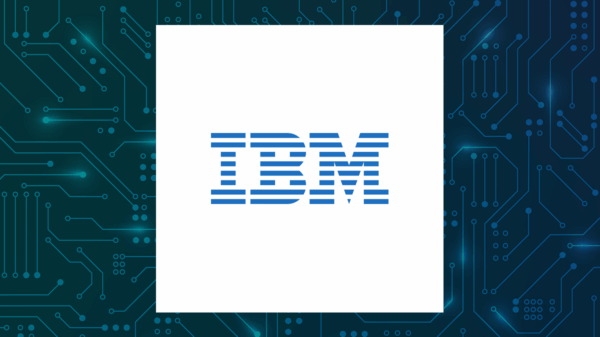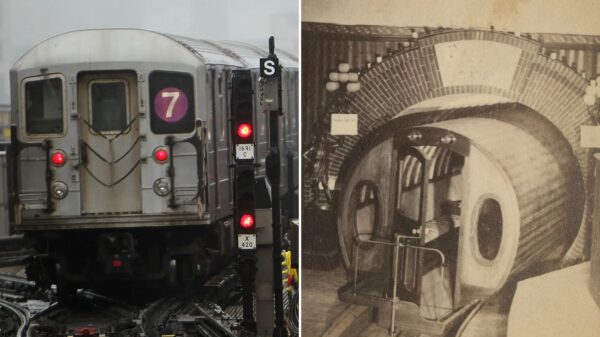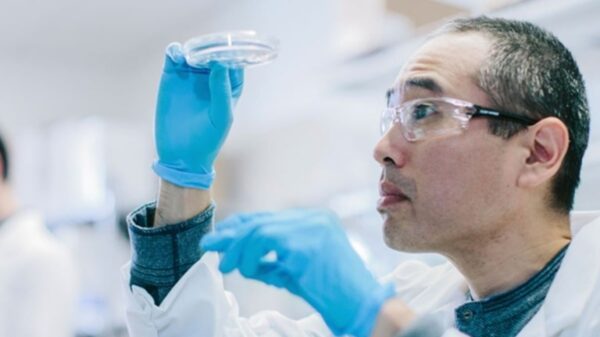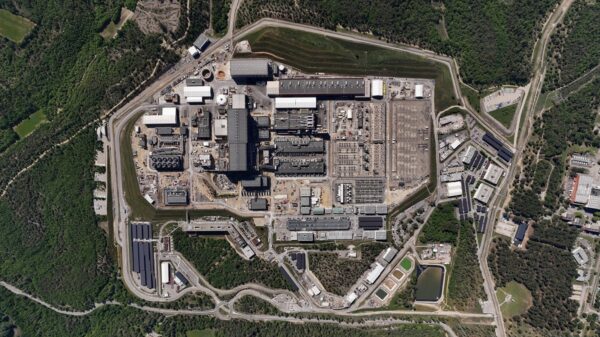At the BioProcess International Conference held in Boston, Revvity unveiled an innovative suite of platforms aimed at enhancing the monitoring of residual host cell impurities (HCPs) and host cell DNA (hcDNA) in large molecule biotherapeutics. These products, typically produced in mammalian host cells, require meticulous purification to ensure safety and efficacy, making this development significant for the biopharmaceutical industry.
Challenges in Purification Processes
Large molecule biotherapeutics are often expressed in complex environments that include growth media and cellular material. The presence of HCPs and hcDNA poses serious risks, including adverse immune reactions and potential toxicity. While many HCPs can be effectively removed, monitoring low-abundance HCPs remains a significant challenge. Traditional analytical methods, such as ELISA and LC-MS, often fall short due to the complexities involved in identifying these impurities.
According to Anis Khimani, PhD, senior strategy leader in Life Sciences at Revvity, the absence of well-annotated HCP sequence databases further complicates the identification process. Similar difficulties arise with hcDNA, where chromatin binds to purification materials, compromising the yield of the therapeutic product.
Innovative Solutions for Monitoring
To address these challenges, Revvity has developed a range of research-use-only (RUO) platforms specifically designed to detect both hcDNA and HCPs across multiple host cell types commonly used in therapeutic protein and antibody production, as well as in cell and gene therapy applications.
The HostDetect PCR DNA Quant Kits provide a qPCR-based solution for independent genome DNA detection across three host cell types: CHO, HEK293, and E.coli. These assays boast a wide dynamic range, reducing the need for multiple dilutions while ensuring precision that complies with ICH guidelines.
Dr. Khimani highlighted that the HostDetect assay setup allows for flexibility in sample input volume and scalability, accommodating up to 192 reactions per kit. The speed of these assays facilitates in-process monitoring on real-time PCR thermal cyclers, moving away from traditional end-point testing. An internal control is included, enhancing compliance with good manufacturing practices (GMP) by monitoring sample preparation and reagent performance.
For HCP detection, Revvity offers no-wash immunoassay kits that utilize bead and TR-FRET technologies, compatible with both CHO and HEK293 host cells. The AlphaLISA and HTRF protein assays enable same-day in-process monitoring, providing a broad spectrum of antibody assays capable of detecting between 96% and 99.8% of HCPs.
These assays are designed to minimize hands-on time and reduce total assay duration, delivering results in less than three hours. By streamlining the monitoring process, the AlphaLISA and HTRF protein assays maintain high reproducibility while being tailored for specific host cell types. Additionally, these platforms are suited for automation and real-time monitoring within high-throughput workflows, further supporting the purity of the final product.
The advancements presented by Revvity at the conference mark a significant step forward in addressing the complexities associated with monitoring impurities in biotherapeutics. As the demand for effective and safe biopharmaceuticals continues to grow, innovations like these are critical in ensuring the integrity of therapeutic products.

































































